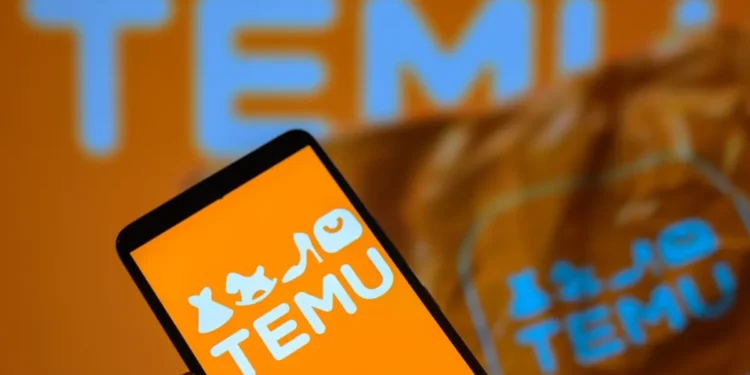South Korea has fined Chinese e-commerce platform Temu nearly one million dollars for illegally transferring the personal information of Korean users to China and other countries, according to the country’s data protection watchdog.
Temu, along with other fast-growing Chinese platforms like Shein and AliExpress, has gained massive popularity across the world by offering a wide variety of products at extremely low prices, rivaling global giants like Amazon. But while expanding its user base, Temu has failed to follow crucial data protection laws in countries like South Korea.
According to South Korea’s Personal Information Protection Commission (PIPC). Temu stored and handled user data through companies in China, Singapore, South Korea, and Japan. However, it failed to mention this in its privacy policy or inform users about sharing data with foreign entities. Due to this lack of transparency, the commission fined Temu around 1.39 billion won (about 997,624 US dollars).
The PIPC also criticized Temu for not properly monitoring how overseas companies managed user data. The commission said Temu failed to inspect their data protection practices, which is required by Korean law. Despite having nearly 2.9 million daily users in South Korea in 2023. Temu did not appoint a local representative—something all foreign firms handling Korean user data must do.
Another issue highlighted by the watchdog was the account deletion process on the Temu platform. Users had to go through a complicated seven-step process to delete their accounts. Making it unnecessarily difficult for them to exercise their right to withdraw from the service and have their data removed.
In response to the fine, a Temu spokesperson said the company respects the South Korean watchdog’s decision and fully cooperated. They also said Temu made improvements during the process to meet local rules and supports efforts to build consumer trust and transparency.
This action against Temu comes shortly after South Korea’s crackdown on another Chinese technology company. Just weeks ago, the PIPC blocked the Chinese artificial intelligence app DeepSeek for transferring users’ data to a cloud server without getting consent. Downloads of the app were restricted, and it was banned on government-linked devices.
South Korea has been actively enforcing its data protection laws in recent years. Last year, it fined AliExpress about 1.98 billion won for illegally transferring Korean users’ personal data overseas. South Korea also fined Meta, the parent company of Facebook, 21.6 billion won after the company collected and shared sensitive user information—such as sexual orientation—without obtaining proper consent and gave it to advertisers.
These decisions reflect South Korea’s strong stance on protecting user privacy and holding international companies accountable when they violate its data laws.










